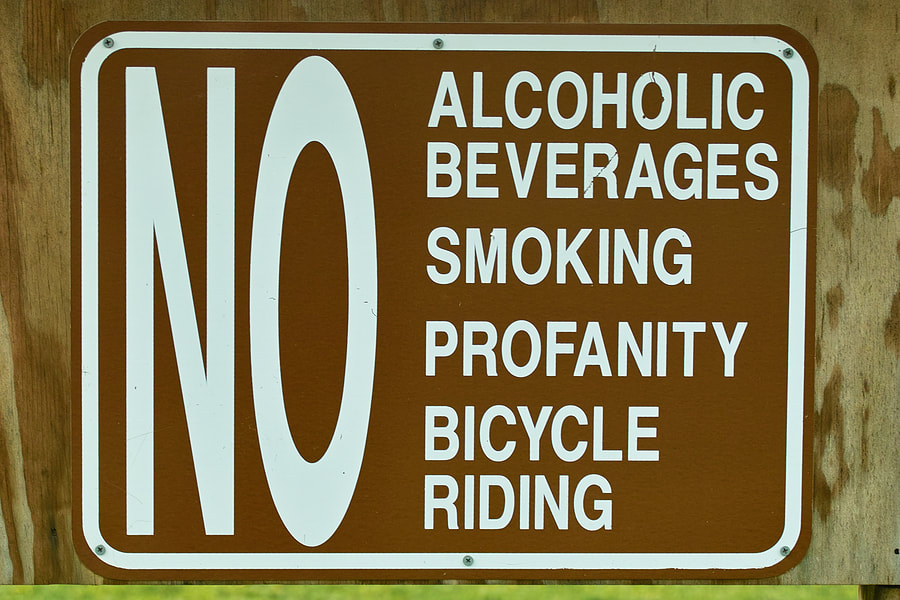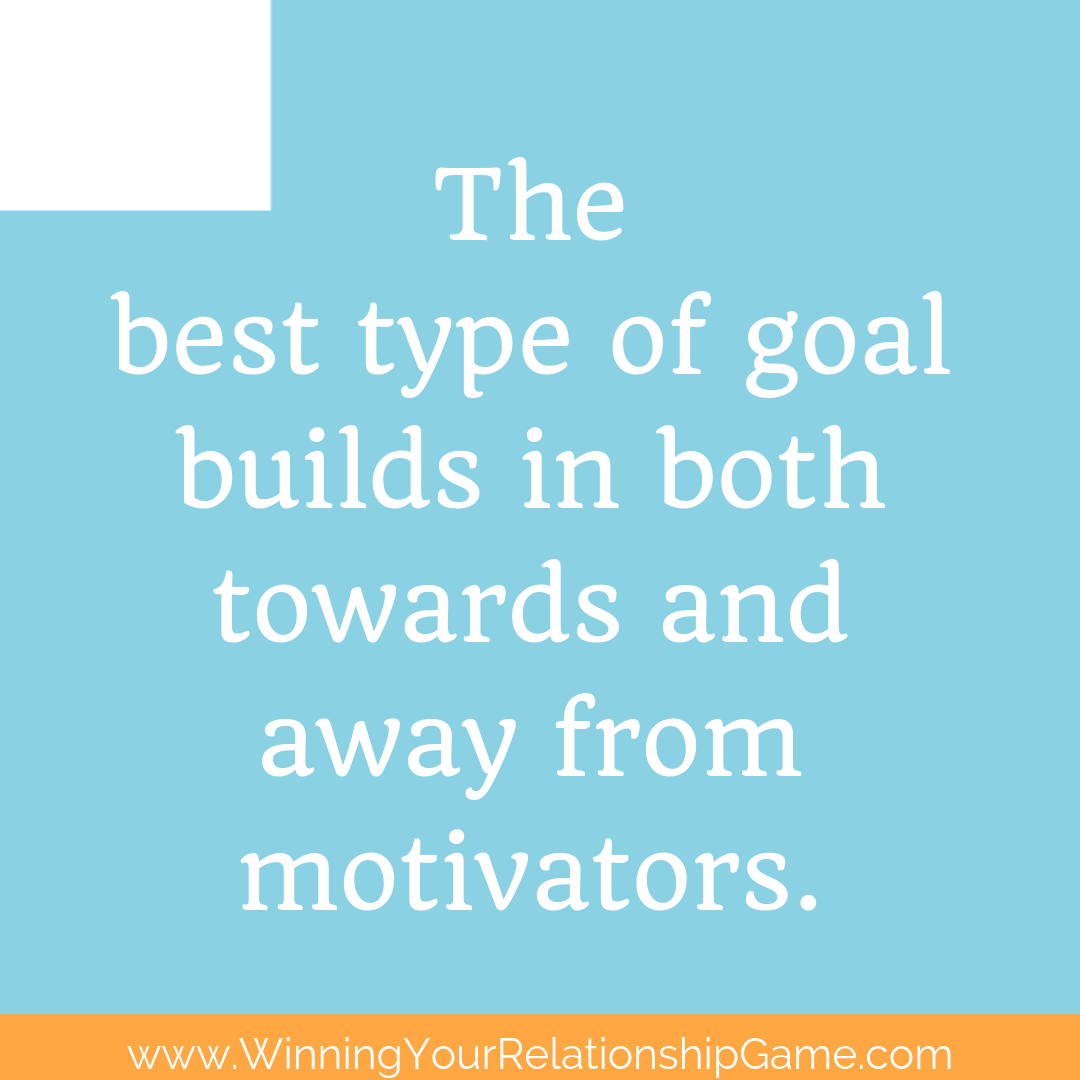 People who start to use alcohol or other substances don’t start out with the plan of becoming addicted. Most people feel that they can handle their level of planned use. Many times, maintaining this level of use is possible. About 10% of all people who use will become addicted. No one can tell why or when this will occur. Addiction is considered using a disease model most of the time. Once someone crosses the line to addiction, this is a point of no return. Usually treatment is the most useful course of action at this time. As reviewed in the first part of this article, substance use generally starts as experimentation due to curiosity and usually in a social situation. Tobacco and alcohol are considered “gateway drugs” and if use continues, is usually followed by marijuana use. When substance use first starts, it may be inconsistent, based on social situations usually. If drug use continues, usually with other inhaled or ingested drugs, but can run the spectrum to intravenous drug use among other methods. The physiological effects of substances are based in the body chemistry. Substances will act on receptors in the brain which control basic functions of the body. These substances create a pleasurable feeling or even a euphoria. This results in an attraction to use of the substance again in search of that same satisfying feeling. This attraction and euphoria pattern repeats itself again and again as the cycle of addiction proceeds. The next stage of the addiction process is problematic use. This stage is characterized by increased amount and frequency of use. Intoxication is actively sought. The waves of euphoria are followed by intensifying periods of discomfort. During this stage of the addiction process, the individual may begin to experience problems which are related to use. Problems may be in work, school, family, or financial areas of one’s life. If the consequences of use are not enough to interrupt the cycle of use, it may continue to the dependency stage. When someone has a physical or psychological dependence, they will experience distress when they are unable to use or attempt to discontinue use. Symptoms of dependence include compulsive use, impaired control over the amount or frequency of use, a preoccupation with the rituals of use and/or continued use in spite of adverse consequences. Early addiction stages may be referenced as a period of “romance” with the substance. Like a special romantic interest, the person may find themselves daydreaming of upcoming planned use of the substance. Physical dependence usually results as this stage progresses. At this point, euphoria is no longer experienced and use is required for the person to feel normal. Repercussions of use will continue in the social areas of the user’s life. Within the addictions process, individuals may move from problematic use to abstinence and back over time. Once someone has reached the dependence stage, it is commonly believed that they can never be cured and must maintain abstinence or return to problematic use. Most professionals feel that once the dependence state is reached, the person will not be able to return to unproblematic use. While many theories of the etiology of addiction exist, we do not know why or how people will become addicted. Most likely, there are multiple factors that contribute to this outcome. These factors include psychological stressors, environmental status, or physiological states. Again, if you or someone you love is struggling with problematic substance use, reach out for help. Find a local resource or check the SAMHSA website at: https://www.samhsa.gov/find-treatment Allison
Comments
here are several criteria to successful behavior changes. First, there has to be a desire to change. Second, there has to be a substitute for the problem activity. Third, a system of accountability ensures lasting change. While it is fairly easy to find an accountability system, it’s even easier to find a substitute activity. The really difficult part of this equation is to develop the desire to change.
How can you develop the desire for change to occur? There are two types of motivation. One is a “towards” motivation. Examples of a toward goal is regaining health or reconnecting in lost relationships. The second type of motivation is “away from” motivation. Examples of away from goals are losing employment or losing my residence. The best type of goal builds in both towards and away from motivators. Another method of building motivation is to increase the discomfort with the present situation. This is often what occurs when an Intervention occurs. Loved ones raise the awareness of the negative aspects of the situation and outline clearly what the boundaries are for the future. Often this involves a withdrawal of support or a suspension of relationship which creates a new level of discomfort and urgency for change to occur. While I am speaking to work with addictions, these techniques can be very useful for any type of behavioral change. If you have struggled with a particular behavior, identify the towards and away from motivations. You can create a motivator to “turn up the volume” in one direction or another. You can do this with yourself, but embedding a system of accountability into it is helpful. For instance, a friend and I are training to run a 5k race. We agreed that every day we are supposed to train and we don’t, we will pay the other person $1. I don’t want to pay her $1, but I really don’t want to have to tell her I didn’t follow through. You can see that even if we aren’t very good at our routine, we won’t likely go broke! You can be sure though, that we eagerly report to each other when we do our workout (and even when we don’t). There is a towards motivation: being prepared to run a 5k. There is an away from motivation: paying the $1. There is a system of accountability: we report our success to each other. The replacement activity in this case is the running which takes the place of other activities in our lives such as watching TV or sleeping in. What ideas can you come up with for establishing your own behavior change? Constantly changing, Allison Sign up for my email list and I’ll share some great relationship tips with you! https://www.winningyourrelationshipgame.com/sign-up-for-4-awesome-videos.html Concerned about porn use by you or your partner? This video discusses why porn might be detrimental to your relationship. Sign up for my email list and I’ll share some great relationship tips with you!
https://www.winningyourrelationshipgame.com/sign-up-for-4-awesome-videos.html |
Helping You
|




 RSS Feed
RSS Feed

